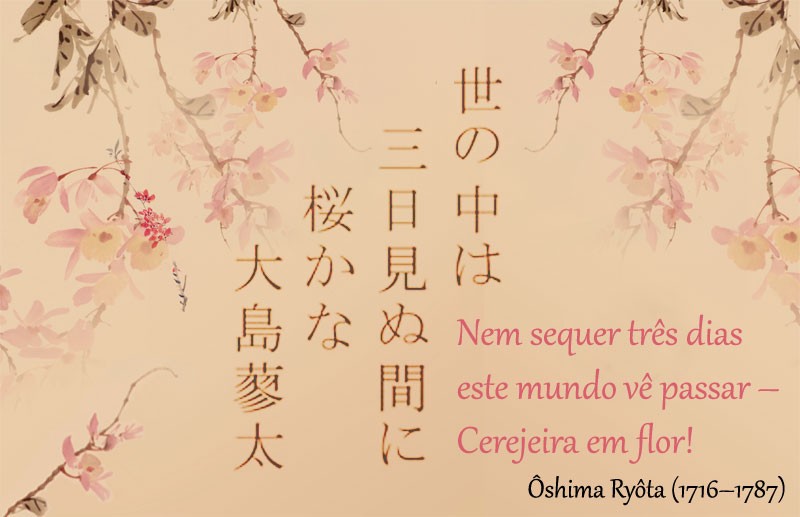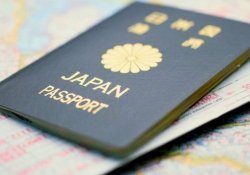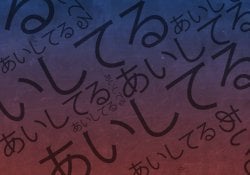Haiku Generator is an online tool that allows you to generate random haikus in Japanese. With it, you can experiment with different combinations of words and verses to create unique and inspiring haikus.
To use the Haiku Generator, simply access the website and click on the “Generate Haiku” button. The generator will create a random Japanese haiku that you can copy and paste elsewhere or use as inspiration for creating your own haiku.
Our Haiku Generator works with Artificial Intelligence, so any word in any language, including idoegrams, that are placed in the field, will serve as the basis and parameter for creating the haiku, including explanations and personalized requests.
We recommend reading:
Índice de Conteúdo
Japanese Haiku Generator
Use our Japanese Haiku generator below:
What is a haiku?
A haiku is a form of Japanese poetry composed of three lines of five, seven and five syllables respectively. Poetic form is often used to describe a moment in nature or a sensory experience, evoking feelings of calm, serenity and simplicity.
Traditional Japanese haikus also include a seasonal reference, known as kigo, which indicates the season of the year in which the poetry takes place. Furthermore, haiku are often composed in response to an earlier haiku, in a poetic dialogue known as renku.
With Haiku Generator, you can explore the art of Japanese poetry and create your own Japanese haikus in a fun and easy way. Try different combinations of words and themes and see what you can come up with!
We recommend reading: Haiku – The Little Japanese Poems

Haiku Generator in Other Languages
You can also generate a Haiku in another language:
The article is still halfway through, but we recommend also reading:
What to ask for the Haiku Generator?
Haiku generally use elements from nature and other specific elements, perhaps the words below will serve as inspiration for you to create your Haiku:
- Nature: trees, flowers, animals, mountains, rivers, sea, sky, sun, moon, wind, clouds, rain, snow, fog, dew, stones.
- Seasons: spring, summer, autumn, winter, cherry blossoms, colorful leaves, fresh wind, white snow.
- Emotions and sensations: peace, tranquility, calm, serenity, joy, sadness, melancholy, longing, love, hope, challenge, overcoming.
- Daily activities: cook, walk, observe, work, rest, study, travel, contemplate, think, meditate.
- Philosophical concepts: impermanence, simplicity, harmony, balance, gratitude, compassion, truth, beauty, freedom, connection.
Remember that the essence of a haiku is to capture a moment or emotion in a simple, direct and evocative way. Use these words as inspiration to create unique and meaningful haikus.
What is the difference between Haiku and Haikai?
Haiku is a form of Japanese poetry composed of three lines of five, seven and five syllables respectively. Poetic form is often used to describe a moment in nature or a sensory experience, evoking feelings of calm, serenity and simplicity.
Haikai, on the other hand, is an older term that refers to a form of Japanese poetry that emerged in the 16th century. Unlike haiku, haikai did not have a fixed meter and could have multiple stanzas and themes. Haiku was often used for satire and parody, and was a forerunner of haiku.
Nowadays, the term haikai is mostly used to refer to a Japanese literary school that flourished in the 17th and 18th centuries. The haikai school was known for its irreverence and humor, and its writers often used free association techniques and surreal imagery in their poetry.
In summary, haiku is a specific Japanese poetic form, consisting of three lines of five, seven and five syllables respectively, while haiku is a broader term referring to an older form of poetry and a later literary school. .






